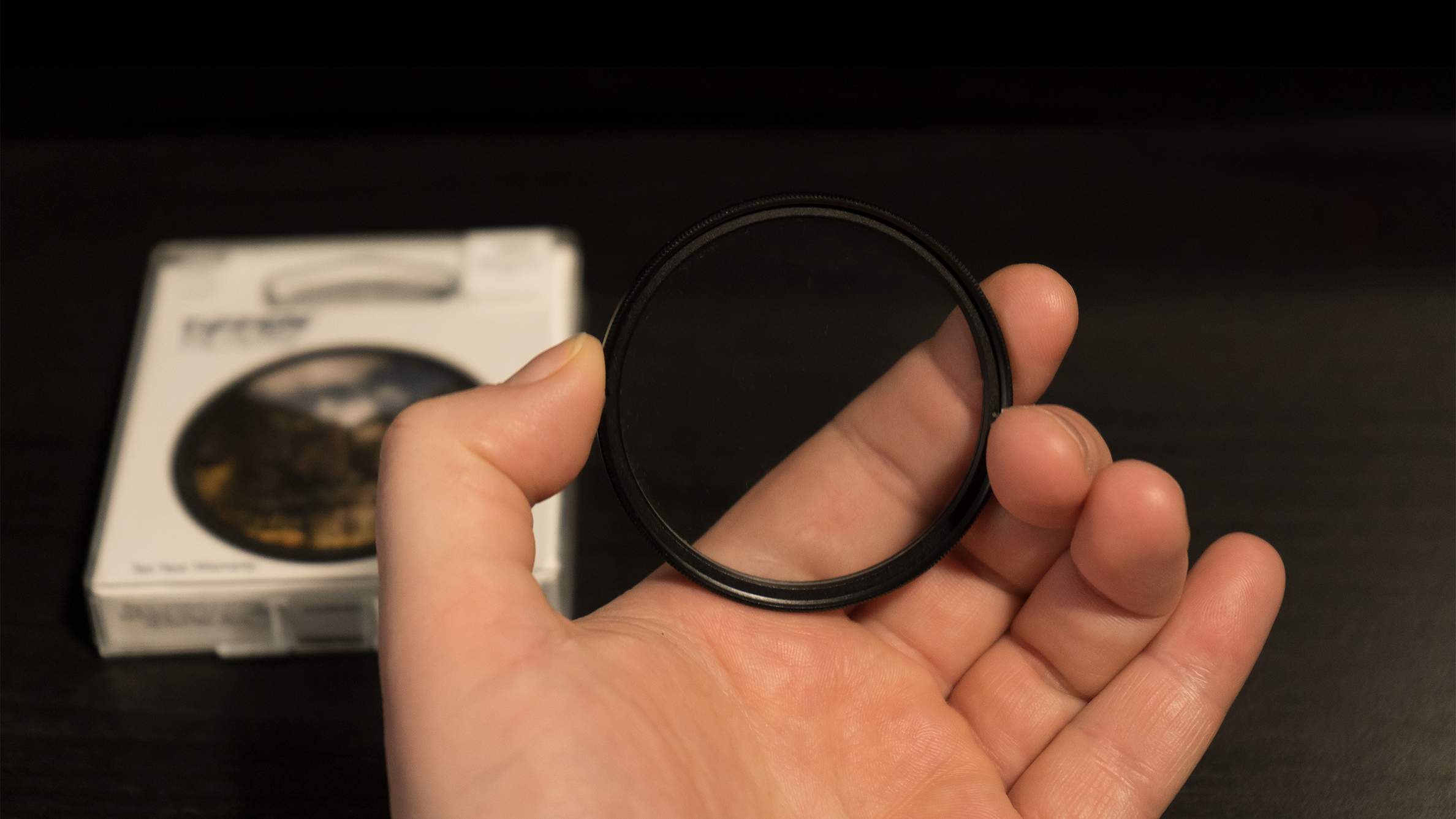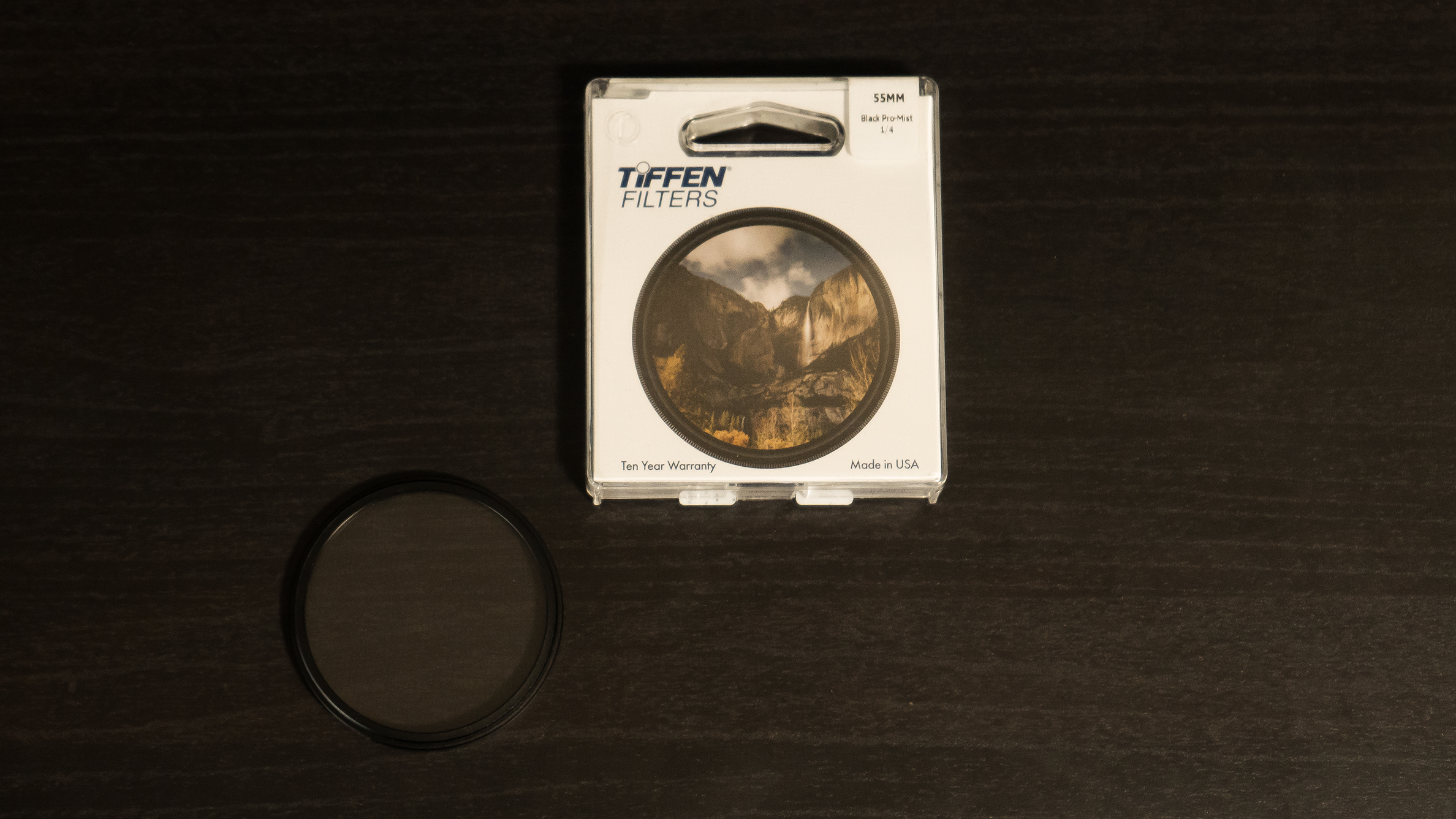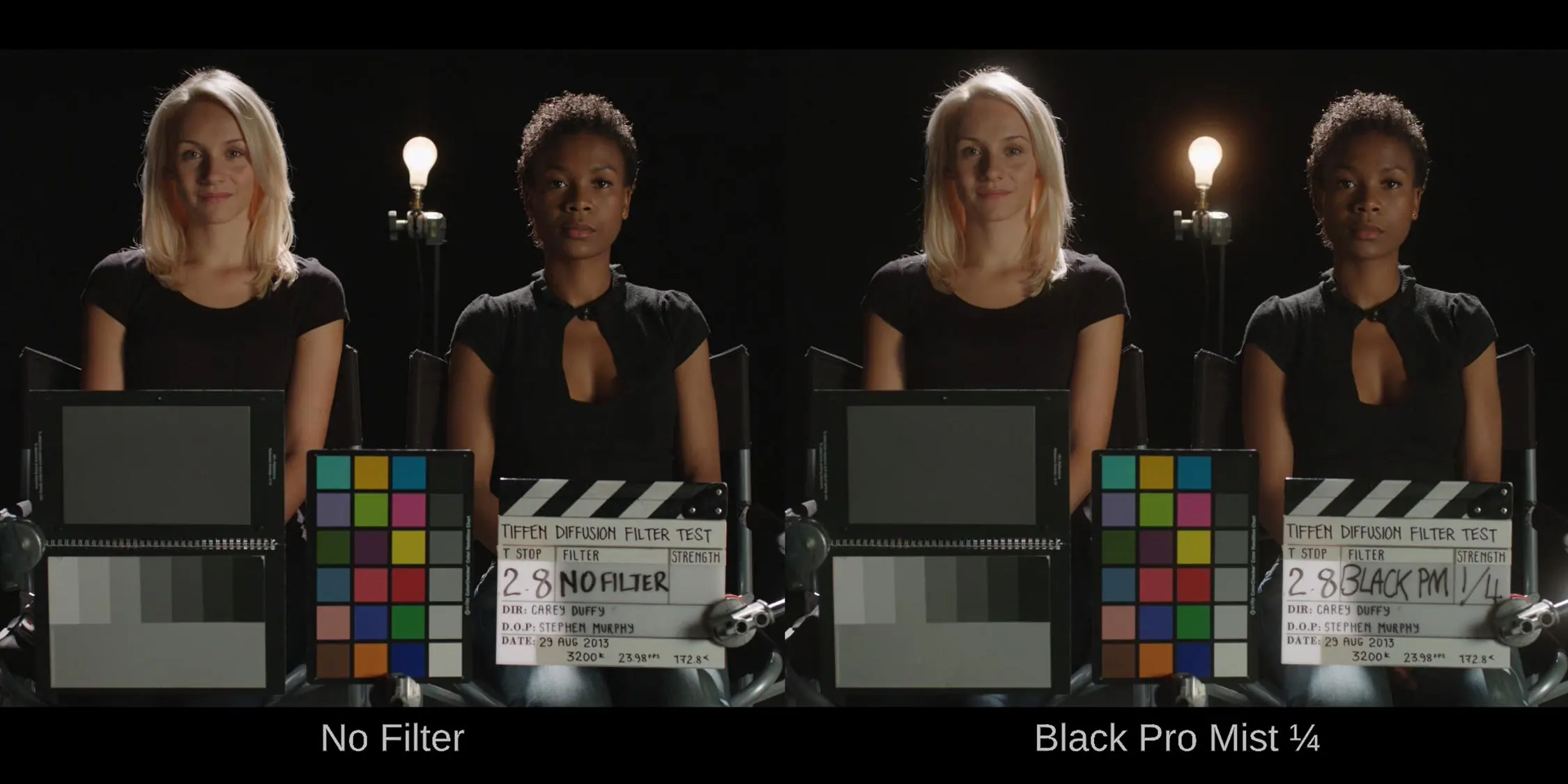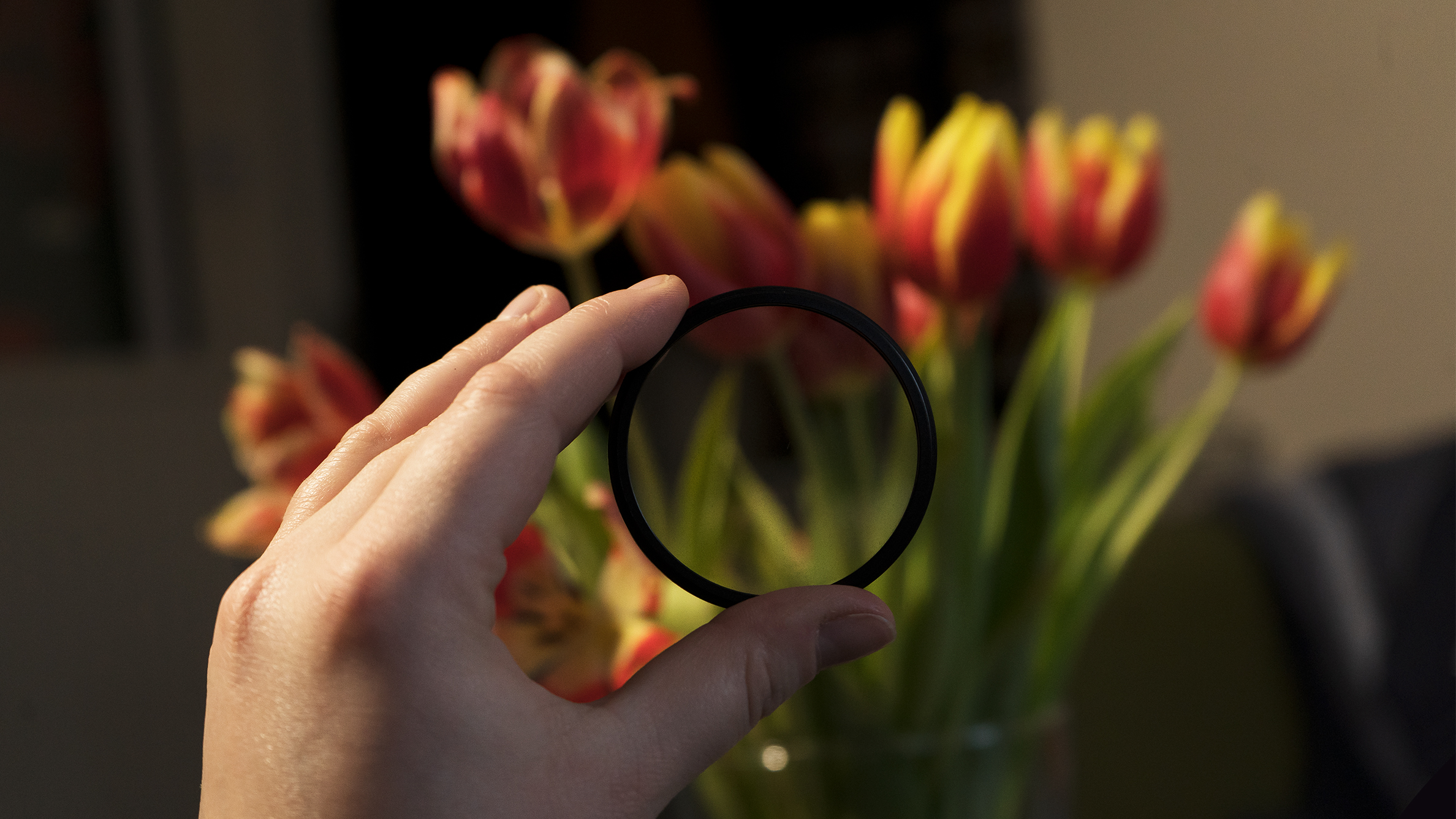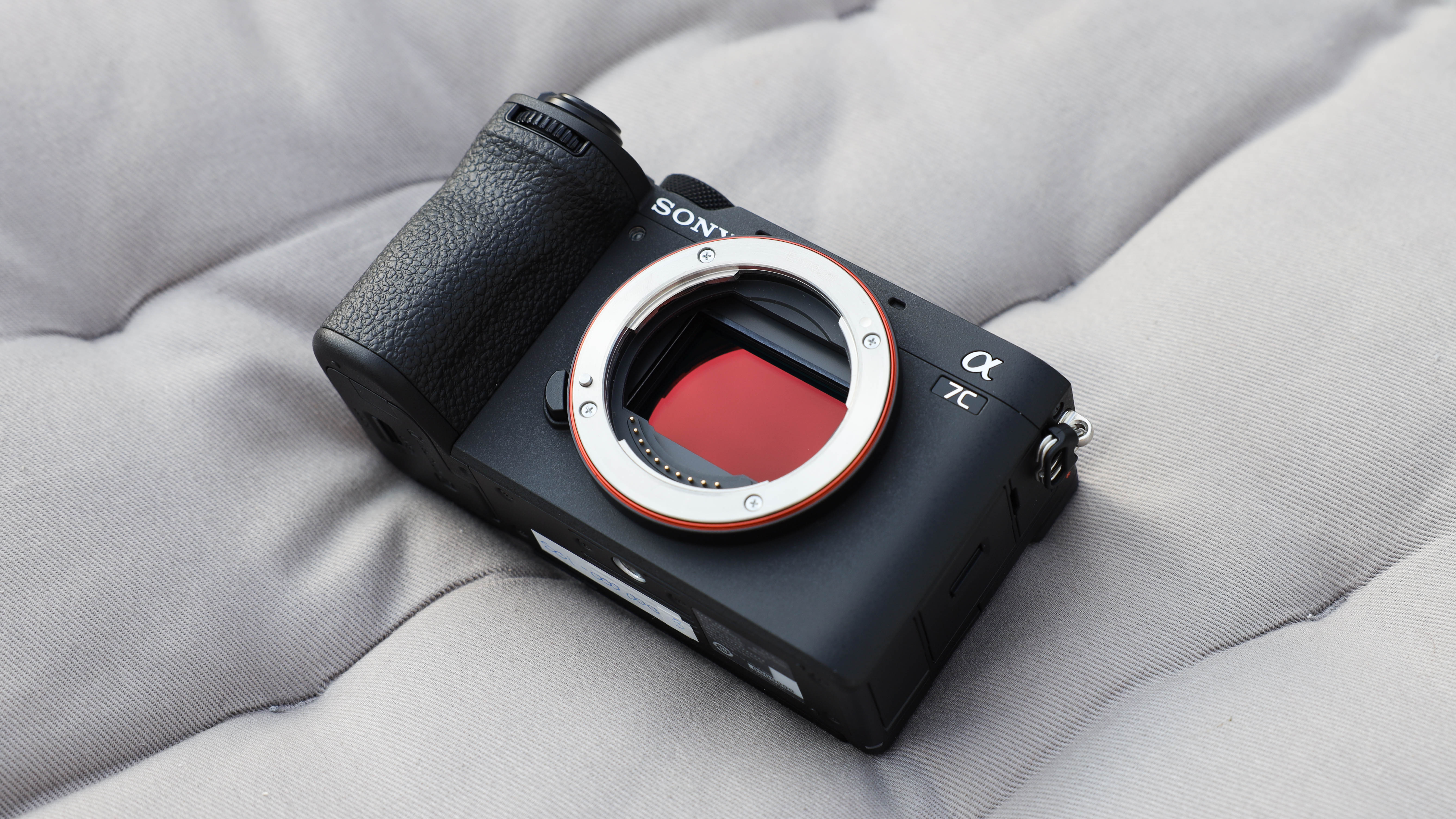Digital Camera World Verdict
The Tiffen Black-Pro Mist filter is an excellent tool for photographers who want to add a bit of vintage look to their photos without compromising on image quality. Its ability to soften harsh light and enhance shadows and highlights offers a less digital and sterile look. The filter's 1/4 density strength provides a balanced effect, while the Black Halation Diffusion system and ColorCore technology ensure high-quality results.
Pros
- +
No compromising on image details
- +
Used by Hollywood cinematographers
- +
10-year warranty
Cons
- -
Not the cheapest
Why you can trust Digital Camera World
Pro-Mist filters are renowned in the film industry for their ability to produce a beautiful, soft light while adding a pastel-like effect to frames. While softening the light, filters of this type also reduce highlights, lower the contrast, and raise shadows. This aesthetic has become increasingly popular among photographers as it offers a less digital and sterile look, bringing back the charm of analog photography without the need for an analog camera. By doing so, these filters provide a more authentic and organic overall look.
This effect is useful in portrait photography as it softens not only the light but also skin imperfections, resulting in a more flattering and natural appearance of the subject. Additionally, it supports when photographing in high-contrast situations where the image contains strong highlights that need to be softened. Pro-Mist filters are also used in low-light scenarios to highlight small light sources while lifting black photo elements.
Tiffen offers different variations of Pro-Mist filters, including the standard and the Black Pro-Mist. The Black version is stronger at each setting, having a more significant impact on highlights and brighter image elements. Both filters come in different densities, as the effect itself is not controllable via the filter ring. In this test, we used the Black Pro-Mist filter with a density of 1/4.
Specifications
Filter type: Circular diffusion filter
Mount: Screw-in
Thread diameter range (mm): 37, 39, 40.5, 43, 46, 49, 52, 55, 58, 62, 67, 72, 77, 82
Density: 1/4, 1/8, 1/2, 1, 2, 3
Filter material: ColorCore Glass
Frame material: Aluminium
Thickness: 6mm
Build & Handling
The Black Pro-Mist boasts a robust and durable design that ensures longevity. The filter is easily attachable and detachable due to its grippy ring.
What stands out in the production of Tiffen filters is the use of ColorCore technology to create the glass. This process involves laminating the filter substrate between two pieces of optical glass, resulting in a high-quality product with excellent clarity. The glass is then ground flat with a tolerance of 1/10,000th of an inch, which is a remarkable feat in precision.
The Black Pro-Mist filter uses the Black Halation Diffusion system, a technology that is also featured in other Tiffen filters. This system enhances the filter's performance by diffusing light and creating a halation effect, which adds a sense of depth and dimension to images.
The best camera deals, reviews, product advice, and unmissable photography news, direct to your inbox!
Performance
After thorough testing of the Black Pro-Mist filter with a density of 1/4 in various lighting situations, I found that this filter is highly effective in controlling highlights and raising shadows. The improvement was particularly noticeable when using the Zebra feature in the Sony camera menu to identify overexposed areas. With the filter attached, the pattern in these areas was reduced, leading to improved overall exposure and image quality.
One of the key benefits of using the Black Pro-Mist filter is creating a pastel-like quality of light, particularly evident when shooting in harsh midday light or low light conditions. The filter's strength of 1/4 is perfect for balancing light without adding too much or too little effect. However, individual preferences may vary.
Thanks to its ability to prevent the loss of highlight and shadow details, the Black Pro-Mist filter provides more options when it comes to post-processing, especially when shooting in RAW format; but what sets the Black Pro-Mist filter apart from other diffusion filters is its ability to deliver clear, high-quality images without compromising on image details.
There are a couple of different strengths of the Pro-Mist filter to the 1/4 I tested here, and if you need help deciding which is right for you – Tiffen provides comparison charts and videos on its website that illustrate the various density levels of the Black Pro-Mist.
These examples demonstrate how skin tones remain almost unaffected by the warmer colors. Additionally, the halation around the light bulb becomes more noticeable, which can be advantageous in low-light or night-time photography. This is significant when incorporating diverse colored lighting signs into the composition.
Verdict
The Black Pro-Mist filter is a useful tool for photographers who want to soften the light and give their photos a bit of a vintage look. What sets it apart from the crowd is that the Black Pro-Mist delivers clear, high-quality images without compromising on image details.
It's great for balancing light in harsh conditions, especially around midday when the sun is at its highest. This filter softens highlights while raising shadows, making it particularly useful for low-light photography. Additionally, it enhances the halo effect around light bulbs, creating a more visible and dramatic look. Portrait photographers will appreciate that the Black Pro-Mist filter warms up the background colors without noticeably impacting skin tones.
The filter's 1/4 density strength is an excellent starting point, providing a balanced light effect that isn't too overpowering or too subtle. The Black Halation Diffusion system and ColorCore technology ensure the filter's high quality.

Kim is a photographer, editor and writer with work published internationally. She holds a Master's degree in Photography and Media and was formerly Technique Editor at Digital Photographer, focusing on the art and science of photography. Blending technical expertise with visual insight, Kim explores photography's time-honored yet ever-evolving role in culture. Through her features, tutorials, and gear reviews, she aims to encourage readers to explore the medium more deeply and embrace its full creative potential.
